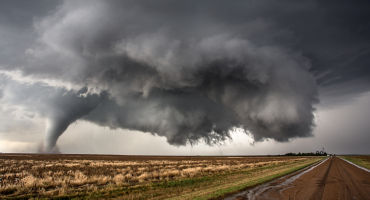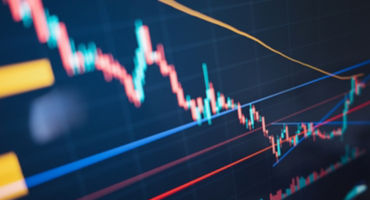Skip to main content
- Funds
- Insights
- Capabilities
- About Us
- My Account
Our Funds
Fund Documents
Global Multi-Strategy Fund
The views expressed are those of the author at the time of writing. Other teams may hold different views and make different investment decisions. The value of your investment may become worth more or less than at the time of original investment. While any third-party data used is considered reliable, its accuracy is not guaranteed. For professional, institutional, or accredited investors only.
Climate change will continue to be an increasingly dominant theme as global climate-related regulation accelerates, disclosures such as the CDP (formerly the Carbon Disclosure Project) and the Task Force on Climate-related Financial Disclosures become more standardized (and in some regions, mandatory), and investor focus on the climate intensifies. In this short piece, we highlight how this impacts private companies and share our top questions for companies to be prepared to address as this issue grows.
In our view, companies across all sectors and stages should incorporate thoughtful approaches to climate change into their business models. This includes building resilience for the accelerating transition to a low-carbon economy and the worsening physical events exacerbated by climate change. Many companies overlook and/or underreport climate-related risks and opportunities that can be material and important to disclose to stakeholders. However, we expect disclosure scope and quality to improve in the coming years across many jurisdictions. In particular, it is now a top priority for the U.S. Securities and Exchange Commission.
We believe public and private companies should disclose key company addresses (so investors can assess potential physical climate risks); transition risks and mitigation strategies; and data on emissions, energy consumption, and water usage, among other metrics. In our view, it is particularly relevant for private firms to incorporate these considerations as they approach a public offering. Many asset owners and asset managers are increasingly focused on these topics and will want to understand these risks before investing in public securities.
Every company — whether a consumer company with supply-chain risks or a data-intensive IT company with high carbon costs for electricity use — faces its own climate-related risks and resulting oversight and disclosure requirements. We believe boards of directors and management teams of private companies will increasingly be expected to answer the below questions with the appropriate level of ESG expertise, especially when climate-related issues arise.
Oversight and disclosure
1. Who is responsible for assessing and managing climate-related risks?
2. Have you adopted the recommendations of the Task Force on Climate-related Financial Disclosures?
Physical risks
3. Has any company site experienced a climate-related incident and, if so, what damage occurred physically and/or financially?
4. Can you explain the company’s business continuity planning including whether it contains insurance policies covering both property and casualty (P&C) and business disruption?
5. Where do you anticipate physical climate change affecting the growth or margins of your business as a result of supply-chain shocks or changes in end-market demand?
6. Do your products/services have the potential to help customers adapt to the changing climate?
Transition risks
7. What are the top contributors to your carbon footprint, including Scope 1, Scope 2, and material Scope 3 emissions? How are you aiming to reduce these in the future?
8. What is your company doing to mitigate its own greenhouse gas emissions (e.g., reduction targets), and how do these initiatives impact the business?
9. What is your strategy for aligning your business with the global low-carbon transition toward net-zero emissions?
10. What products/services do you offer that benefit from consumer demand related to the low-carbon transition?
It is critical for both private and public companies to prepare for today’s growing climate risks. In our view, by addressing these 10 questions, management teams and boards can help their companies both plan for the risks themselves and navigate the increased disclosure and mitigation expectations from investors and regulators alike.

2024 Sustainability Report
We appreciate the opportunity to share our approach to advancing sustainable practices across our investment, client, and infrastructure platforms.

Geopolitics in 2025: Risks, opportunities, and deepening uncertainties
Geopolitical Strategist Thomas Mucha outlines his structural, policy, and geopolitical outlook for the year.

Perspectives on today’s alternative investment environment
Take a quick tour of the alternative investment environment with investors from across our macro research and hedge fund teams, as they explore the geopolitical landscape, macro volatility, and key trends like climate-change adaptation and digital tokenization.

URL References
Related Insights